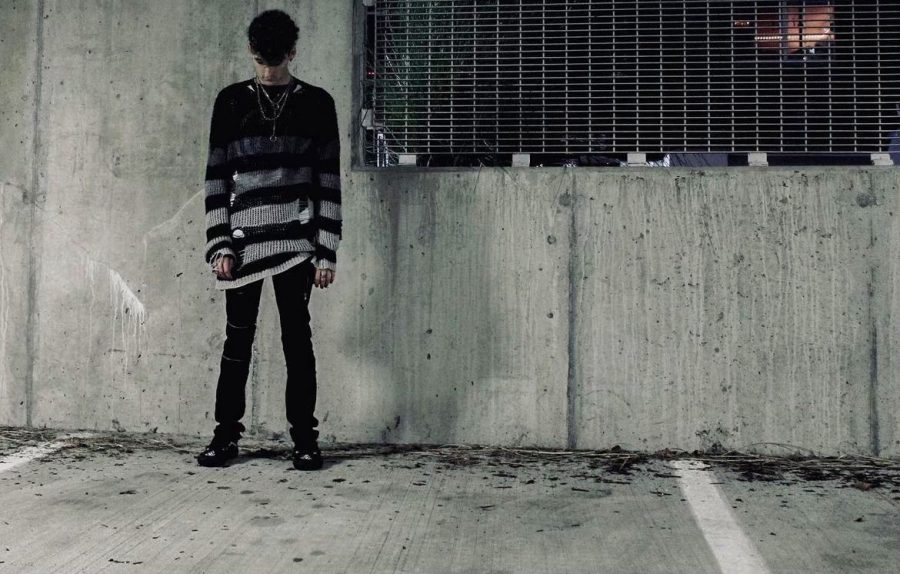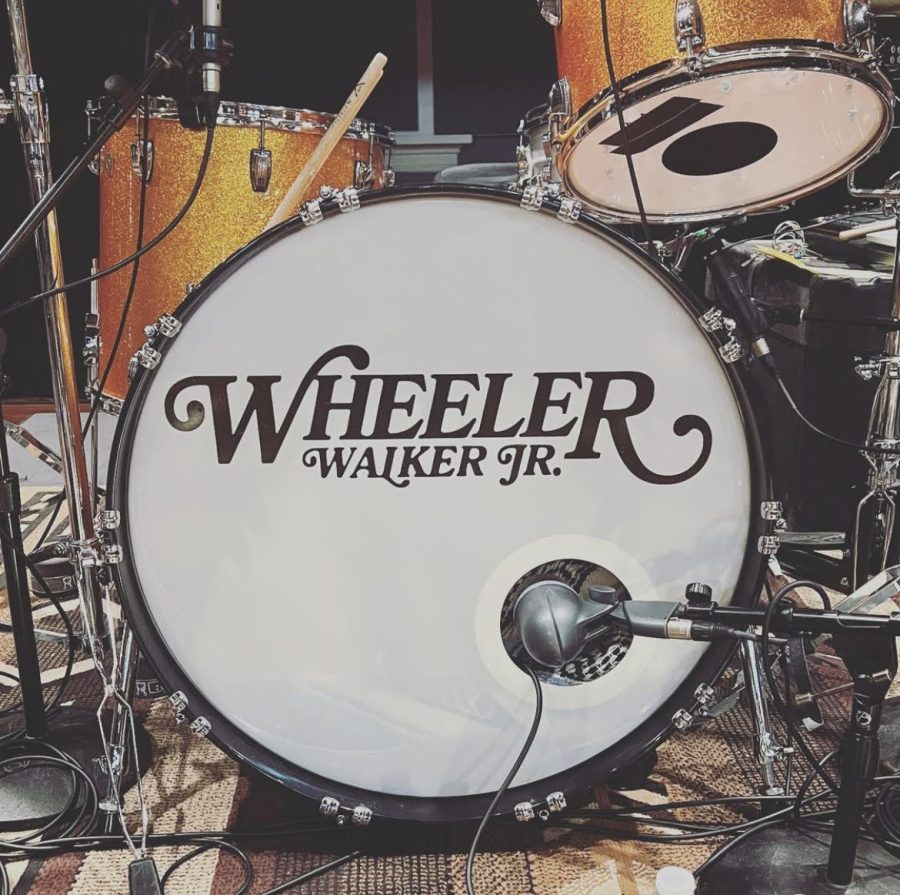From The Associated Press
AC/DC did it. So did Black Sabbath. Van Halen did it, but not everyone was happy. INXS didn’t do it. Nor could Queen. And Motley Crue probably shouldn’t have even tried.
The examples of rock bands who succeed in a second wind without their original lead singers are few and far between. Alice in Chains is hoping they’ll beat the odds.
The Seattle-based rockers this week release the 11-song “Black Gives Way to Blue,” their first CD since the 2002 drug overdose death of their lead singer, Layne Staley.
“The loss of Layne is an unfillable hole. We’re not trying to fill that space. There’s a space that remains empty and we take it with us — that’s his, always,” says co-guitarist and co-vocalist Jerry Cantrell. “We’re creating new space around it, that’s all.”
The quartet includes Mike Inez on bass, Sean Kinney on drums and new guy William DuVall, who takes on co-guitar and co-vocalist duties.
The album cover shows an unsentimental, almost medical drawing of a human heart, and it doesn’t take the band long to acknowledge their personal pain.
“Time to start living, like just before we died,” go the lyrics to “All Secrets Known,” the opening song. “There’s no going back to the place we started from.”
In an interview in a swanky, marble-heavy midtown hotel lobby, Kinney and Cantrell — both decked out in T-shirts, jeans and long, cascading hair — say they felt they had to address their loss early on the album.
“You figure you get that out of the way,” says Kinney.
“Lay it out there, man,” agrees Cantrell. “We haven’t pulled any punches before.”
The rest of the album explores the themes of persistence and mourning, with the poignant title song coming at the very end, featuring an appearance by Elton John.
While that pairing might seem odd, the band explains that the first concert Staley ever attended — at age 7 — was by John and he remained a huge fan. The Rocket Man graciously offered to lend singing and piano duties in tribute.
“That was the cherry on top of everything,” says Kinney.
The new music has already made a splash. The first single, “Check My Brain,” has hit No. 1 on Billboard’s rock songs chart and won a slot on the much-desired Hot 100 list. Playboy magazine gave the disc four stars, while Revolver cheered its “dense tapestry of heavy guitars and soaring melodies.”
Hard-core Alice fans are wary — but hopeful. One of them, Linda Trojan, a 21-year-old college student in Magdeburg, Germany, who runs a fan site called “Still in Chains,” says she and fellow devotees are trying hard to embrace the new music.
“A new leaf is being turned over, to which I want to be open-minded,” she writes in an e-mail interview. “Nevertheless, I have to admit to being another Staley fan who finds it difficult to adjust.”
The decision to reform as Alice in Chains with a new member was not something bandmembers say they did lightly, knowing cynics would say they were just hoping to cash in on a proven brand or reclaim their glory days.
“We worked our butts off and dug really deep as musicians to see if we could answer questions for ourselves before anybody else: Was this something that felt right? Can we do this? Should we do this?” says Cantrell. “It’s all answered on that record. That’s the answer to almost anything you can throw at us. Listen to that record. If you have anything else after that, then it’s a personal issue — it has nothing to do with merit or effort or honesty.”
The reemergence of the band began as a series of appearances and limited tours in 2006, all with the blessing of Staley’s family. DuVall, a friend and collaborator of Cantrell’s for almost 10 years, was invited to jam and eventually the experiment stuck.
“They lost a brother, but they gained a brother — literally, you know what I mean? And I gained a new family,” DuVall says by phone. “I think when people see it and they see the truth in it, it presents a profound metaphor for how all of us can rise above tragedy if we choose to.”
The veterans say their new bandmate fits right in: “He’s got a different sound, he draws from different experiences, he has a different language lyrically,” says Cantrell. “It’s enough different and so much the same — that’s why it works.”
The original Alice in Chains — mixing blues-based rock, sludgy guitars and haunting vocals — were lumped into the big four of the grunge movement, alongside Pearl Jam, Nirvana and Soundgarden. Their hits included “Would?,” “Man in the Box,” “Rooster,” “No Excuses” and “Angry Chair.”
Those songs will remain a part of the band’s live shows and Kinney says they take on a new meaning now when he plays them: celebrating Staley’s life.
“To bring that thing we all created together and still see people reacting to it is great,” he says. “It would be sort of a disservice to not do that.”
Still, the band knows there will be critics unhappy that they’re playing under their old name. Kinney and Cantrell considered pre-empting such talk by toying with an alternative, very heavy metal name: Leather Snake.
They nixed it, though.
“It doesn’t matter what we called it. People would go, ‘The guys from Alice are playing down the street and they’re playing their songs,'” says Kinney.







